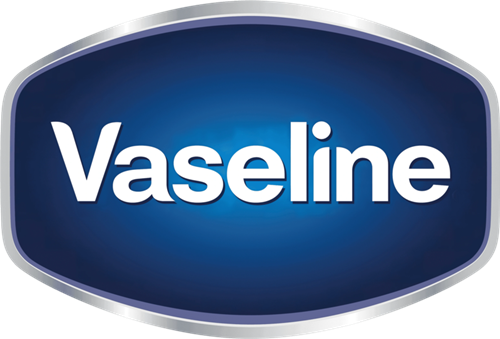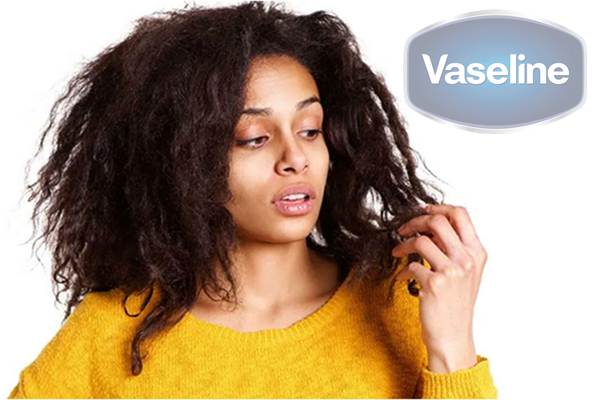Vaseline, a brand name for petroleum jelly, has been a household staple for years, known for its versatile uses in minor wound healing and skincare. While it has been widely used to protect the skin and moisturize, some people have also experimented with applying Vaseline to their hair. However, using Vaseline on hair comes with some potential side effects and drawbacks that need to be understood. In this comprehensive article, we will dive into the side effects of Vaseline on hair and alternative hair care methods that are more beneficial and safer.
What is Vaseline and How is it Used?
Vaseline is a a semi-solid mixture of hydrocarbons derived from petroleum. When applied to the skin, it forms a barrier locking in moisture and preventing water loss. This property has led people to experiment using Vaseline on their hair in an attempt to lock in moisture and improve shine.
Side Effects of Vaseline on Hair

Despite its popularity as a moisturizer, Vaseline can cause various adverse effects when applied to the strands and scalp. Because, it is not intended for use on the hair.
- Lack of Nutrients: Unlike conditioners or hair oils, Vaseline does not provide any nourishment or nutrients to the hair. It merely creates a barrier that hinders the absorption of useful hair care products.
- Scalp Irritation: Applying Vaseline to the scalp directly can clog pores and hair follicles, leading to potential breakouts and scalp irritation. This can be particularly problematic for people with acne-prone or sensitive skin.
- Difficult to Wash Out: Vaseline is water-insoluble, making it hard to wash out of the hair. Multiple washes may be required to clean the greasy residue, potentially leading to further damage and dryness.
- Attraction of Dust and Debris: Its sticky nature can attract debris, dust, and pollutants from the environment, leading to potentially exacerbating scalp issues and an unclean appearance.
- Greasy Buildup: Vaseline is an occlusive substance, which means that it can trap dirt and oils on the scalp, leading to a greasy buildup over time. This can make the hair appear oily, unwashed and limp.
Side Effects of Vaseline Hair Tonic
- It can be a little sticky.
- Derived from petroleum, If you have sensitive scalp, it can cause allergy.
Vaseline as a Hair Growth Aid: Myth or Reality?
One of the widespread misconceptions about use of Vaseline on hair is that it promotes hair growth. There is no scientific evidence to support this claim. Hair growth is primarily determined by genetics, overall health and diet. Applying Vaseline to the scalp and hair does not address the underlying factors that contribute to hair growth, and it is not a proven solution for hair regrowth.
Alternative Hair Care Methods
Instead of using Vaseline on your hair, consider trying these alternative hair care methods to achieve more beautiful and healthier locks:
- Hair Oils: Natural oils, such as jojoba oil, argan oil and coconut oil are excellent alternatives to Vaseline. These oils are lightweight and can easily penetrate the hair shaft, providing shine, moisture, and nourishment without clogging the scalp.
- Scalp Massages: Gentle massage on scalp can stimulate blood circulation to the hair follicles, promoting a healthy scalp environment and hair growth.
- Conditioners: Choose the conditioners specifically formulated for your concerns and hair type. Conditioners help detangle and moisturize the hair, making it manageable and reducing frizz.
- Hair Serums: Hair serums containing natural extracts or silicones can add smoothness and shine to the hair without causing greasiness.
- Deep Conditioning Treatments: Regular deep conditioning treatments can repair and rejuvenate damaged hair, promoting appearance and overall hair health.
- Avoiding Harsh Hair Products: Minimize the use of hair products containing silicones, parabens, and sulfates, as these can cause damage and strip the hair of its natural oils.
Conclusion
While Vaseline is a trusted product and widely used for skincare, it is not suitable for hair due to its potential side effects, such as scalp irritation, greasy buildup, and difficulty in washing it out. To maintain beautiful and healthy hair, opt for alternative hair care methods that provide moisture, nourishment, and protection without causing harm. Regular deep conditioning, avoiding harsh chemicals in hair products, the use of natural hair oils, and are some of the key steps to ensure the well-being of your hair. Always consult with a dermatologist or professional hair stylist for personalized advice on hair care.


